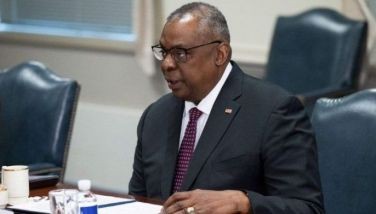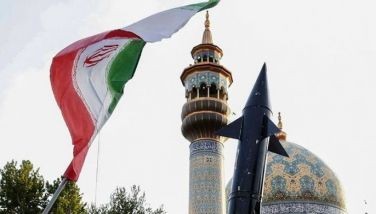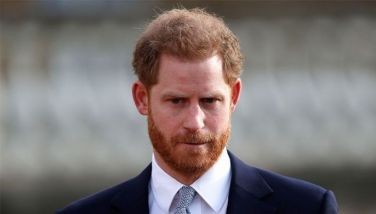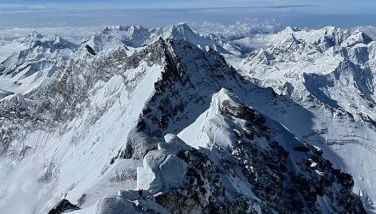Climate talks: What's happened and what's next
LE BOURGET, France — An unprecedented number of world leaders joined together Monday to give a boost to difficult, years-long efforts to fight climate change collectively.
The sweeping speeches and flurry of diplomatic meetings were just day 1 of two weeks of U.N.-led talks.
The 151 presidents, prime ministers, kings, princes and a chancellor meeting Monday are trying to do what governments have never done before: get all countries to agree to contribute to slow global warming.
Here's a look at what happened Monday and what's next.
The stakes
This year is on track to be the hottest since people started keeping track. Several recent years also broke heat records. On average, the world has already warmed more than 1 degree C since pre-industrial times, and the majority of the world's climate scientists agree that is largely due to man-made emissions of heat-trapping gases.
It's not just the temperature rising. Glaciers are melting, sea levels rising, and extreme weather events such as heat waves are happening more often. Leaders of island nations speaking Monday appealed for help from bigger countries to ensure their very long-term survival as countries.
The last global climate treaty, the 1997 Kyoto Protocol, only required rich countries to reduce those carbon emissions, mainly from burning oil, gas and coal. The U.S., then the world's biggest emitter, didn't take part.
In 2009, governments meeting in Copenhagen tried to reach a global accord requiring commitments from rich and poor countries alike — and famously failed. Leaders speaking Monday referred to that failure and insisted they don't want to repeat it — but many of the old battle lines remain, between north and south, developed economies and still developing economies.
The sticking points
A big tension is over whether to continue dividing the world between rich countries and poor. The U.S., the European Union and other developed countries say this time all countries must chip in. Most countries are chipping in — but India and many others want the Paris agreement to state clearly that the developed countries have a bigger responsibility to fight global warming.
Money is another sore point. Many countries wouldn't be able to cut emissions and switch to cleaner energy without help. They also need help to adapt to climate change, which would continue for decades even if emissions were to stop today. The developed countries are willing to help but want countries like China to pitch in too.
The U.S. Congress is also a hurdle. Many countries including the European Union want a legally binding agreement. But an international treaty imposing emissions limits on the U.S. isn't likely to be approved by the Republican-controlled Congress. So negotiators are trying to find a compromise where parts of the deal area binding and others, such as the emissions targets, are not. That may allow President Barack Obama to approve the deal without going to Congress.
What's next
Unusually, the world leaders came at the beginning of the two-week talks, because the French organizers hoped that would motivate negotiators to seek a more ambitious deal — and that the talks won't end like in Copenhagen, when leaders showed up at the end but no one was ready to make enough compromises to clinch a strong deal.
Once the leaders go home, the hard work falls to negotiators from more than 190 countries to whittle down a 54-page draft document into something shorter and more coherent. That means many countries will not get what they wanted, and compromises will be necessary. Each word will be hotly debated.
The talks may fail. Even if they reach an accord, many fear the resulting document will be too weak to make a difference.
The talks are led by the U.N.'s climate change agency, which has been leading negotiations on global warming since the early 1990s. Many refer to the meeting happening now in Paris as the COP21, which means the 21st meeting of the Conference of Parties to the U.N. Framework Convention on Climate Change.
- Latest
- Trending



























